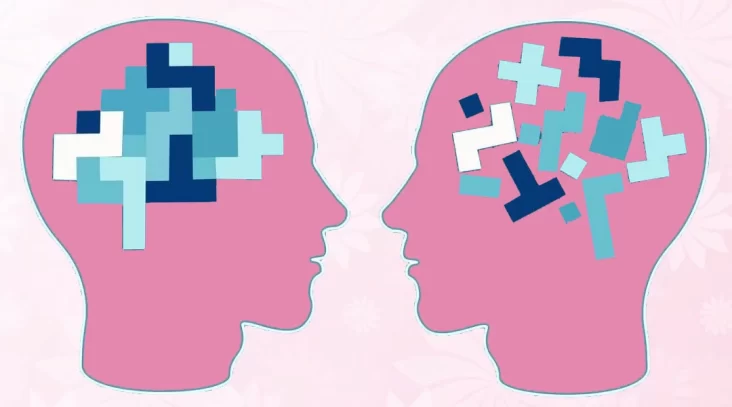Dementia and Alzheimer’s disease are debilitating conditions that impact cognitive function, memory, and daily activities. Recognizing the early signs and symptoms is crucial for timely intervention and support. While occasional memory lapses are common, persistent and worsening issues may be indicative of a more serious concern.
Here are 10 early signs and symptoms of Dementia and Alzheimer’s
Memory Loss:
Memory loss is a hallmark of dementia and Alzheimer’s. Individuals may experience difficulty recalling recently learned information. They may forget names, appointments, or other important details, relying on memory aids or family members to compensate.
Difficulty Planning and Problem-Solving:
People in the early stages of dementia often struggle with tasks requiring planning and problem-solving. Simple activities, like following a recipe or managing finances, may become challenging. This difficulty can affect a person’s ability to independently handle daily responsibilities.
Confusion with Time or Place:
Disorientation in relation to time and place is a common early sign. Individuals may lose track of dates, seasons, and the general passage of time. They might find themselves confused about where they are, how they got there, or even the purpose of their current location.
Misplacing Items:
Those with dementia may frequently misplace items and struggle to retrace their steps to find them. This can lead to frustration and accusations, as individuals may not remember where they put essential items like keys, glasses, or wallets.
Changes in Mood and Personality:
Mood swings, increased irritability, or alterations in personality can occur in the early stages. Individuals may become easily agitated, anxious, or exhibit changes in behaviour that are uncharacteristic of their previous selves.
Withdrawal from Social Activities:
A decline in social engagement is common. Individuals may start avoiding social activities or hobbies they once enjoyed. Challenges in social situations, difficulty with conversations, or a general loss of interest in maintaining relationships may be observed.
Poor Judgment:
Impaired judgment and decision-making are notable early symptoms. Individuals may make poor financial decisions, neglect personal hygiene, or exhibit questionable choices in daily activities. This decline in judgment can have significant consequences for their overall well-being.
Difficulty Completing Familiar Tasks:
Routine tasks that were once second nature may become challenging. Individuals may struggle with activities like dressing, cooking, or maintaining personal hygiene. They may require more time and assistance to complete tasks they used to perform effortlessly.
Changes in Speech and Writing:
Communication difficulties emerge in the early stages. Finding the right words during a conversation becomes challenging, and individuals may struggle to follow or contribute to discussions. Additionally, writing may become more difficult and less coherent.
Decreased or Poorer Sense of Direction:
Navigational challenges may arise, leading to difficulty in familiar environments. Individuals may become disoriented even in places they have known for years, experiencing a decreased or poorer sense of direction.
It is crucial to emphasize that the manifestation of these signs can vary among individuals, and not everyone with dementia or Alzheimer’s will exhibit all these symptoms. If these signs are observed, seeking professional medical advice is imperative. A healthcare professional can conduct a comprehensive evaluation, including cognitive assessments, to determine the cause of these symptoms. Early diagnosis facilitates better management of the condition and allows for appropriate planning and support for both individuals and their families.


One Comment
Pingback: 10 Early Signs and Symptoms of Dementia and Alzheimer’s – Sujata Birla Hospital